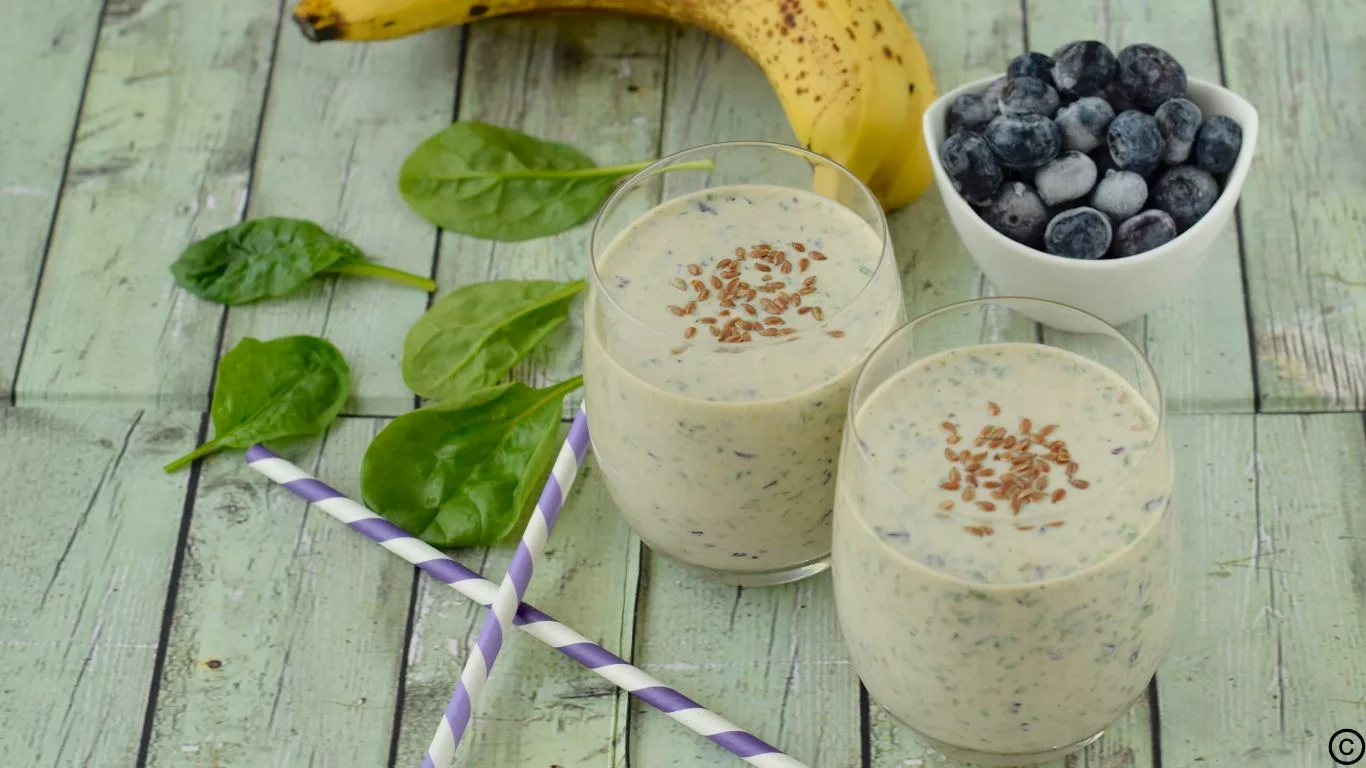Safe Proteins for GERD Sufferers: A Complete Guide to Eating Well Without Triggering Heartburn
Struggling with GERD (Gastroesophageal Reflux Disease) and wondering what proteins you can eat without triggering heartburn? You’re not alone. Navigating what to eat with GERD can be a challenge, but the good news is that there are plenty of protein-rich options that won’t upset your stomach. In this guide, we’ll explore safe proteins for GERD sufferers and give you practical tips to make your meals both delicious and reflux-friendly.
GERD is no fun—heartburn, chest pain, and the constant worry about what to eat can make even the most straightforward meal feel like a minefield. And while avoiding spicy or acidic foods is often the first thing people think about, protein is another crucial aspect to consider. Some proteins are gentle on the stomach, while others might send you running for the antacids. So, what’s the deal with protein and GERD? Let’s break it down and find out which options are best for you.

Understanding GERD and How It Affects Eating
If you’re reading this, chances are you know all too well that GERD is more than just occasional heartburn. It’s a chronic condition where stomach acid flows back into the esophagus, causing irritation and discomfort. It can lead to symptoms like acid reflux, chest pain, difficulty swallowing, and even regurgitation of food.
One of the most important things you can do to manage GERD is to pay attention to what you eat. While GERD affects everyone differently, many people find that certain proteins—especially those high in fat—can worsen symptoms. The good news is that some protein sources are much easier on your system, and they can be a big part of a GERD-friendly diet.
What Makes a Protein Safe for GERD?
Not all proteins are created equal when it comes to GERD. In general, the best protein sources for GERD sufferers are those that are lean, low in fat, and easy to digest. Fatty proteins, especially fried or greasy meats, can relax the lower esophageal sphincter (LES), the muscle that keeps stomach acid from flowing back into the esophagus. When the LES is relaxed, acid reflux can occur more easily.
So, what does this mean for your protein choices? Lean meats, fish, tofu, and certain legumes are usually safe bets. You’ll also want to focus on cooking methods that don’t add excess fat, such as grilling, baking, or steaming. Avoiding heavy, rich, or spicy marinades is another key to making your meals GERD-friendly.

Best Proteins for GERD Sufferers
Now that we know what makes a protein safe for GERD, let’s talk about the best options. Here are some top protein choices that won’t trigger acid reflux:
1. Skinless Poultry (Chicken and Turkey)
Chicken and turkey, particularly when skinless, are great sources of lean protein. They’re mild on the stomach and can be prepared in a variety of GERD-friendly ways. Grilled or baked chicken breasts, for example, are simple to digest and low in fat, making them ideal for those with acid reflux. Just be sure to avoid frying them or using heavy, spicy seasonings, as those can irritate your symptoms.
2. Fish and Seafood
Fish is another excellent protein source for GERD sufferers. Most fish, like salmon, cod, and tilapia, are low in fat and rich in healthy omega-3 fatty acids, which can even help reduce inflammation in the body. Opt for grilled or baked fish to keep things gentle on your stomach. Just be cautious with seafood like shrimp, as it can sometimes be tough on the digestive system for certain people.
3. Lean Beef and Pork (in Moderation)
While red meat can sometimes be harder to digest, lean cuts of beef and pork can still be part of a GERD-friendly diet—just keep them in moderation. Look for cuts like sirloin or tenderloin, which have less fat. As with poultry, avoid frying or overcooking, and stick to simple seasonings to avoid flare-ups.
4. Tofu and Plant-Based Proteins
If you prefer plant-based proteins, tofu and other soy products are excellent choices. Tofu is soft and easy to digest, and it’s low in fat, making it a safe bet for GERD sufferers. It’s also incredibly versatile—grill it, stir-fry it, or add it to soups and salads for a tasty, protein-packed meal. Other plant-based proteins like lentils, chickpeas, and beans can also be good, but be mindful of how they’re prepared, as they can sometimes cause bloating.
5. Eggs (in Moderation)
Eggs can be a bit of a mixed bag for GERD sufferers. While they are a great source of protein, the yolks are higher in fat and may trigger symptoms in some people. To be safe, opt for egg whites, which are virtually fat-free and easy on the stomach. Scrambled or poached egg whites can make a great GERD-friendly meal when paired with whole grains or vegetables.
6. Low-Fat Dairy Products
Low-fat or fat-free dairy products, like yogurt and cottage cheese, can be part of a GERD-friendly diet. These provide protein without the high fat content that could exacerbate reflux symptoms. Greek yogurt is particularly high in protein and can be a good choice for those with GERD, but always choose plain versions to avoid added sugars or artificial sweeteners that can sometimes irritate the stomach.

Cooking Tips for GERD-Friendly Proteins
It’s not just about what proteins you eat—it’s also about how you prepare them. Here are some cooking tips to make your meals both delicious and GERD-friendly:
1. Choose Cooking Methods That Don’t Add Fat
Grilling, steaming, baking, or poaching are all great options for cooking lean proteins without adding unnecessary fat. Avoid frying or using heavy oils, as these can trigger GERD symptoms. Try marinating your proteins with GERD-safe ingredients like olive oil, herbs, and mild spices instead.
2. Avoid Spicy Seasonings and Sauces
As much as spices and bold flavors are tempting, they can sometimes be too much for GERD sufferers. Stick to milder seasonings like basil, oregano, thyme, and garlic powder. You can also use ginger, which has natural anti-inflammatory properties and is known to be gentle on the stomach.
3. Serve with GERD-Friendly Side Dishes
When preparing a meal, pair your protein with GERD-friendly sides like steamed vegetables, whole grains (think quinoa or brown rice), and a light salad. Avoid acidic ingredients like tomatoes and citrus fruits, as they can trigger acid reflux.
Conclusion: Enjoy Protein Without the Pain
Living with GERD doesn’t mean you have to sacrifice the protein you need to stay healthy. By choosing lean, low-fat options and cooking them in GERD-friendly ways, you can continue to enjoy satisfying meals without triggering heartburn or acid reflux. Whether you prefer chicken, fish, tofu, or eggs, there are plenty of delicious proteins to choose from that won’t leave you reaching for the antacids.
Appendices
FAQs
- Can I eat fried chicken if I have GERD? Fried chicken is high in fat and can trigger GERD symptoms. Opt for grilled or baked chicken instead.
- Is tofu safe for GERD? Yes, tofu is an excellent protein source for GERD sufferers, as it’s low in fat and easy to digest.
- Are eggs good for GERD? Egg whites are safe for GERD, but avoid egg yolks, which are higher in fat.
- Can I have dairy with GERD? Low-fat dairy products like yogurt and cottage cheese are usually safe for GERD sufferers.
- What are the best cooking methods for GERD-friendly proteins? Grilling, baking, steaming, and poaching are the best methods for preparing GERD-safe proteins.
References
- American College of Gastroenterology. (2023). GERD Diet: What to Eat and What to Avoid. Read Article
- Smith, A., & Johnson, B. (2022). Managing GERD: Dietary Recommendations for Relief. Journal of Digestive Health, 28(1), 45-51. Read Article
Disclaimer: The information provided in this article is for educational purposes only and does not substitute for professional medical advice. Always consult with your healthcare provider regarding any dietary concerns related to GERD.

Camellia Wulansari is a dedicated Medical Assistant at a local clinic and a passionate health writer at Healthusias.com. With years of hands-on experience in patient care and a deep interest in preventive medicine, she bridges the gap between clinical knowledge and accessible health information. Camellia specializes in writing about digestive health, chronic conditions like GERD and hypertension, respiratory issues, and autoimmune diseases, aiming to empower readers with practical, easy-to-understand insights. When she’s not assisting patients or writing, you’ll find her enjoying quiet mornings with coffee and a medical journal in hand—or jamming to her favorite metal band, Lamb of God.







